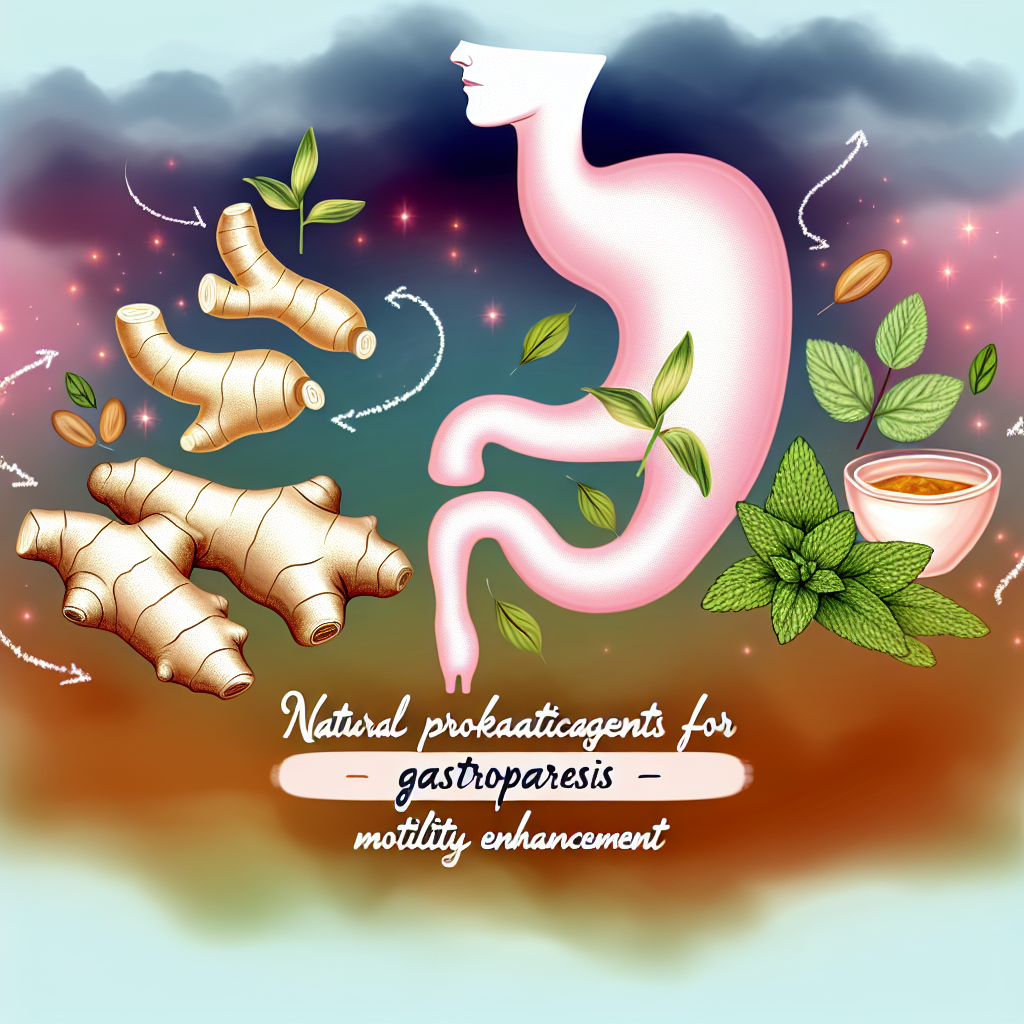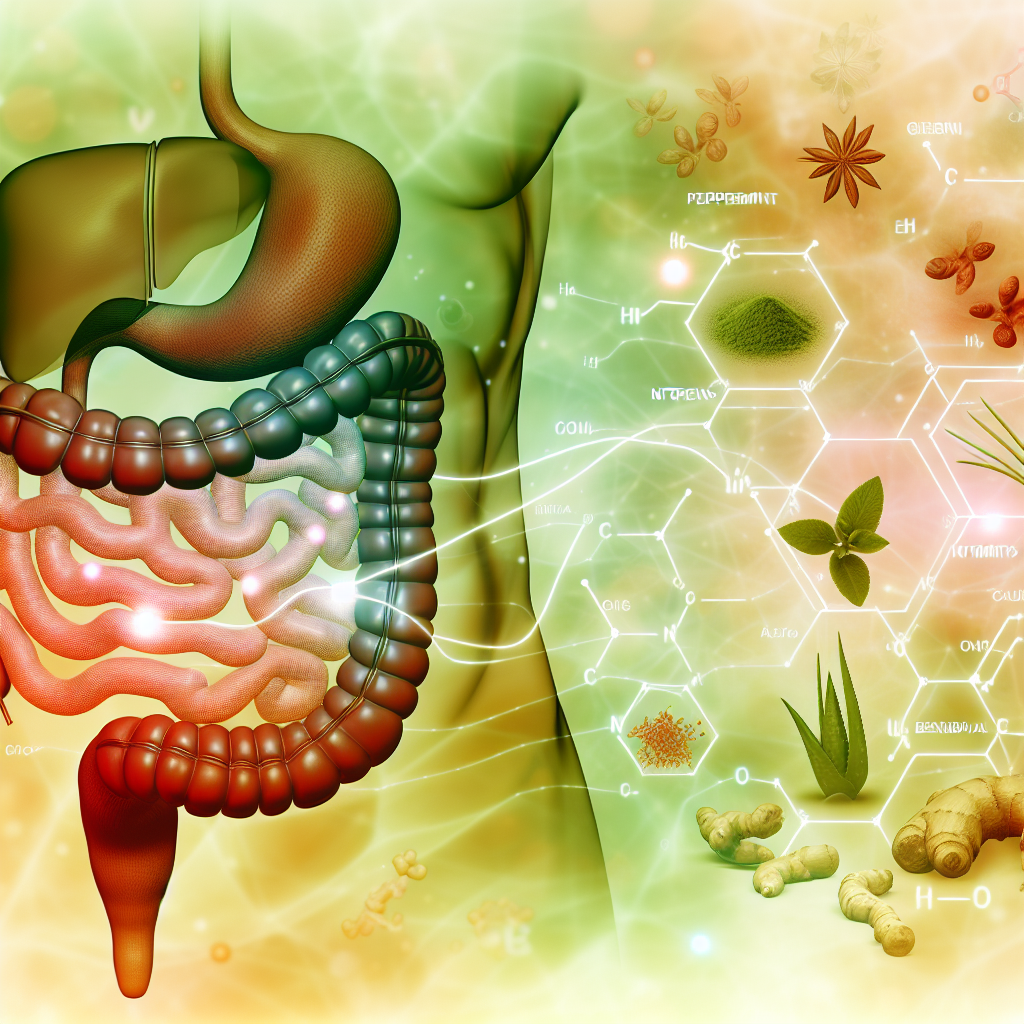# Daily Gut Health Routine: Morning to Night Checklist
Introduction: Heal the Gut, Transform Your Health
In recent years, the focus on gut health has escalated from fringe wellness circles to mainstream medical discussions—and for good reason. The human gut is often referred to as the body’s “second brain,” thanks to the powerful gut-brain axis and the impact of gut microbiota on mental, immune, and metabolic health.
A thriving gut microbiome improves digestion, boosts immunity, enhances mental clarity, regulates mood, and even contributes to the prevention of conditions like Type 2 diabetes, obesity, and autoimmune diseases.
A daily gut health routine that incorporates natural remedies and herbal approaches can serve as a powerful tool for those looking to optimize their digestive wellness without relying solely on synthetic medications. Herbal treatments and natural cures have been used for centuries in traditional medicine systems such as Ayurveda, Traditional Chinese Medicine (TCM), and naturopathy. Now, cutting-edge research confirms what these traditions have long believed: herbs like ginger, turmeric, licorice root, and peppermint can play significant roles in optimizing gut function.
Through this detailed morning-to-night checklist, you’ll learn how to integrate simple, herbal-based rituals and gut-friendly lifestyle changes to support a balanced microbiome—naturally.
The Science Behind Gut Health and Natural Interventions
The increasing visibility of the human microbiome’s role in health has led to a surge of research proving the impact of lifestyle and dietary changes on gut flora. This checklist includes scientifically-backed practices that support digestive wellness using natural methods.
Morning: Kickstart Digestion with Hydration and Herbal Magic
Begin your day with a tall glass of warm water with a squeeze of fresh lemon. This stimulates digestion and liver detoxification. Add in fresh ginger slices or a splash of apple cider vinegar to support peristalsis—the wave-like muscle contractions that keep your digestive system moving ([Mayo Clinic, 2021](https://www.mayoclinic.org/diseases-conditions/constipation/symptoms-causes/syc-20354253)).
Ginger (Zingiber officinale) is an age-old digestive remedy, shown to reduce nausea, bloating, and improve gastric motility ([World Journal of Gastroenterology](https://www.wjgnet.com/1007-9327/full/v17/i12/1561.htm)).
Mid-Morning: Power Your Microbiome with Probiotics and Prebiotics
Your breakfast can set the tone for gut health throughout the day. Include:
– Probiotic-rich foods like kefir, plain yogurt, kimchi, or sauerkraut.
– Prebiotic foods such as bananas, oats, and chia seeds to feed beneficial bacteria.
Consuming both together creates a synbiotic effect, enhancing digestive health and microbial balance ([Nutrients Journal](https://www.mdpi.com/2072-6643/12/4/1021)).
Afternoon: Practice Mindful Eating and Digestive Herb Support
Slow down for lunch. Chew thoroughly and eat without distractions. This reduces stress-induced gut issues, such as “leaky gut” and bloating ([Frontiers in Immunology](https://www.frontiersin.org/articles/10.3389/fimmu.2017.00398/full)).
Incorporate herbs that soothe digestion:
– Peppermint eases bloating and has shown significant benefits for IBS sufferers ([Journal of Clinical Gastroenterology](https://journals.lww.com/jcge/Abstract/2014/11000/Peppermint_Oil_for_the_Treatment_of_Irritable.8.aspx)).
– Turmeric reduces inflammation and helps diversify the gut microbiota due to its active compound, curcumin.
Consider sipping peppermint or turmeric tea post-lunch for digestive support.
Evening: Eat Light and Soothe Your Gut for Restful Digestion
Dinner should be light and eaten 2–3 hours before bed. Favor:
– Cooked lentils
– Soft vegetables
– Broths and soups that are easy to digest
Follow it with calming herbal teas:
– Chamomile to relax gastrointestinal tension ([NIH](https://www.ncbi.nlm.nih.gov/pmc/articles/PMC2995283/))
– Fennel or licorice root to support bowel function and reduce gas
These herbs can naturally help prepare your body for restful sleep and overnight repair.
Night: Magnesium and Sleep—The Final Ingredients for Gut Recovery
As the day winds down, focus on unlocking your body’s rest-and-repair mode.
– Magnesium supplements (especially glycinate or citrate) help with muscle relaxation and promote healthy bowel movements ([Nutrients](https://www.ncbi.nlm.nih.gov/pmc/articles/PMC6213340/)).
– Good sleep is essential. Your gut microbiome follows circadian rhythms, so aim for 7–9 hours of quality sleep nightly. Reduce blue light exposure, practice quiet rituals before bedtime, and allow your digestive system time to recover and regenerate.
Conclusion: Nurture Your Inner Garden Every Day
Implementing a simple, herbal-infused gut health routine can make a profound difference in your life. From boosting immunity and mental clarity to minimizing bloating and inflammation, consistent gut care is a proven path to overall wellness.
Think of your gut not just as a part of your body—but as a living garden that responds to nourishment, rest, and rhythm. Follow this Morning-to-Night Checklist daily, and over time, feel your energy rise, your immunity strengthen, and your digestion flourish.
Let every meal, every sip, and every moment of stillness be a gift to your second brain—your gut.
**Concise Summary:** Maintaining a healthy gut is crucial for overall well-being. This article provides a comprehensive morning-to-night checklist, highlighting the importance of hydration, herbal remedies, probiotic-rich foods, mindful eating, and restful sleep in supporting a thriving gut microbiome. By incorporating these scientifically-backed, natural approaches, readers can optimize their digestive health and experience the far-reaching benefits of a balanced gut.

Dominic E. is a passionate filmmaker navigating the exciting intersection of art and science. By day, he delves into the complexities of the human body as a full-time medical writer, meticulously translating intricate medical concepts into accessible and engaging narratives. By night, he explores the boundless realm of cinematic storytelling, crafting narratives that evoke emotion and challenge perspectives.
Film Student and Full-time Medical Writer for ContentVendor.com




